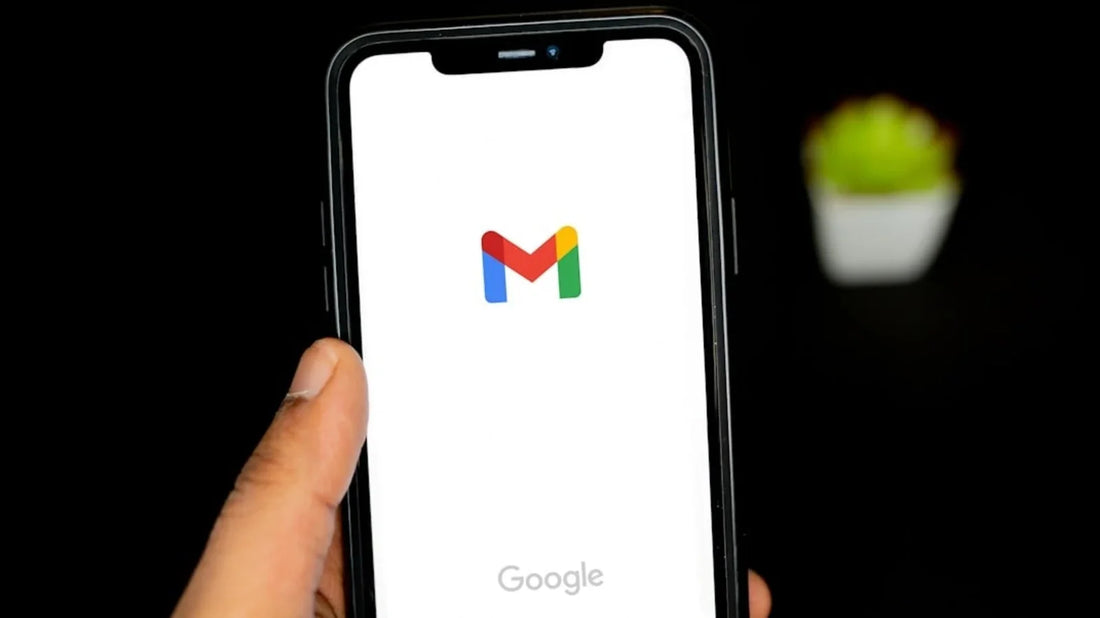Gmail AI Tools Face New Threats, Google Urges Caution
Kenji TanakaGoogle warns Gmail users of new AI-driven threats involving hidden prompts that generate fake security alerts.

Google is warning Gmail users about a new wave of cyber threats exploiting vulnerabilities in AI-powered features. These threats involve "indirect prompt injections" that can trick AI tools like Gemini into displaying fake security alerts.
Users are advised to be cautious and delete any emails displaying unexpected security warnings in AI summaries.
Highlights
- Gmail's AI summarization tools are vulnerable to prompt injection attacks.
- Attackers can embed hidden prompts in emails to generate fake security warnings.
- Google urges users to delete emails with unexpected security alerts in AI summaries.
Read More: Xbox to be like Office: Everywhere, says Nadella
Top 5 Key Insights
• Prompt Injection Attacks: Attackers are using hidden prompts within emails, often in white-on-white font or zero-width elements, that are invisible to users but processed by AI tools like Gemini. When a user clicks "summarize this email," Gemini follows the attacker's instructions, potentially adding phishing warnings that appear to come from Google.
• Technique Details: This technique, known as an indirect prompt injection, embeds malicious commands within invisible HTML tags such as and • Google's Response: While Google has released mitigations since similar attacks surfaced in 2024, the method remains viable and continues to pose risks. Google emphasizes the need for industry-wide countermeasures and updated user protections as AI adoption grows. • User Education: 0din, Mozilla's zero-day investigation group, warns that Gemini email summaries should not be considered trusted sources of security information. They urge stronger user training and advise security teams to isolate emails containing zero-width or hidden white-text elements to prevent unintended AI execution. • Future Implications: Until large language models offer better context isolation, any third-party text the AI sees is essentially treated as executable code. Even routine AI tools could be hijacked for phishing or more advanced cyberattacks without the user's awareness. Read More: Jessica Alba's Net Worth: Acting, Business & Real Estate 0din, Mozilla's zero-day investigation group: "Prompt injections are the new equivalent of email macros—easy to overlook and dangerously effective in execution. Until large language models offer better context isolation, any third-party text the AI sees is essentially treated as executable code." Read More: Chegg Cuts Staff, CEO Replaced Amid AI Disruption This emerging threat highlights the importance of vigilance as AI becomes more integrated into daily tools. Users must remain skeptical of AI-generated content, especially security warnings, and prioritize deleting suspicious emails. As AI technology evolves, so too will the methods of cybercriminals, demanding continuous adaptation and awareness to maintain digital safety. Read More: AI Search Engines Favor Less Popular Sources: StudyExpert Insights
Wrap Up
Author
Kenji Tanaka - A technology futurist and digital strategist based in Tokyo, specializing in emerging tech trends and their impact. He explains complex innovations and the future of digital skills for Enlightnr readers.
More to Explore
- Choosing a selection results in a full page refresh.
- Opens in a new window.




